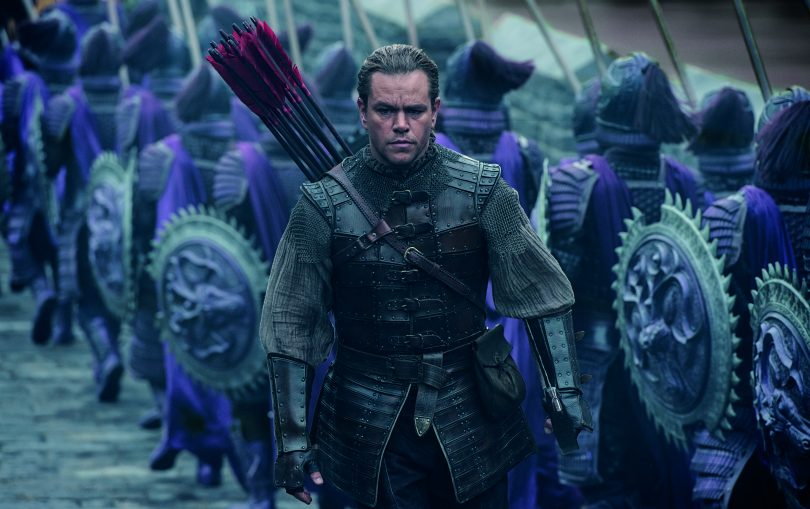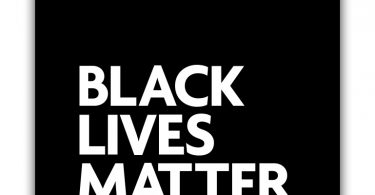Matt Damon goes on the bloody offensive against monsters during Song Dynasty China in Zhang Yimou’s The Great Wall.
And he’ll be being going at it right up until today’s Republic of China if he wants to recoup the Great Wall’s reported $75 million plus loss since its cinema release. Lucky that the home entertainment cavalry is here to back him up in conflict.
Fugly beasts
Damon and Pedro Pascal (Narcos) are two European mercenaries searching the Far East for gunpowder. Plans go awry when they’re taken prisoner by The Nameless Order, a military division on the Great Wall of China. Unfortunately for our hapless couple, the Order are warring against gobs of fugly green beasts known as Tao Tei. While Pascal tries to escape with long-time captive Willem Dafoe, noble Damon stands and shoots Tao-bound arrows alongside the army. Trying to take away the metaphor proffered (the monsters are punishment sent from gods for Man’s greed) as a means for self-improvement is a gainless venture.
Which wall is it, really?
The Great Wall is Yimou’s first English speaking film (he’s best know over here for House of Flying Daggers) and a clear attempt at a Chinese sortie into Hollywood’s hills. It’s no surprise then that there’s a porcelain-skinned protagonist. Still, the controversy of the white saviour trope does nothing to detract from the film’s bigger sins. Scrappy special effects, a bombastic score and inflated script mar the film as ravenously as Tao Tei eat soldiers.
There’s plenty of enjoyment to scoop up from the beautiful landscapes and panning scenes — the drifting lanterns during the general’s funeral in particular. But ultimately, the most expensive ever Chinese film production has the longevity of a Berlin Wall over a Great Wall.




























